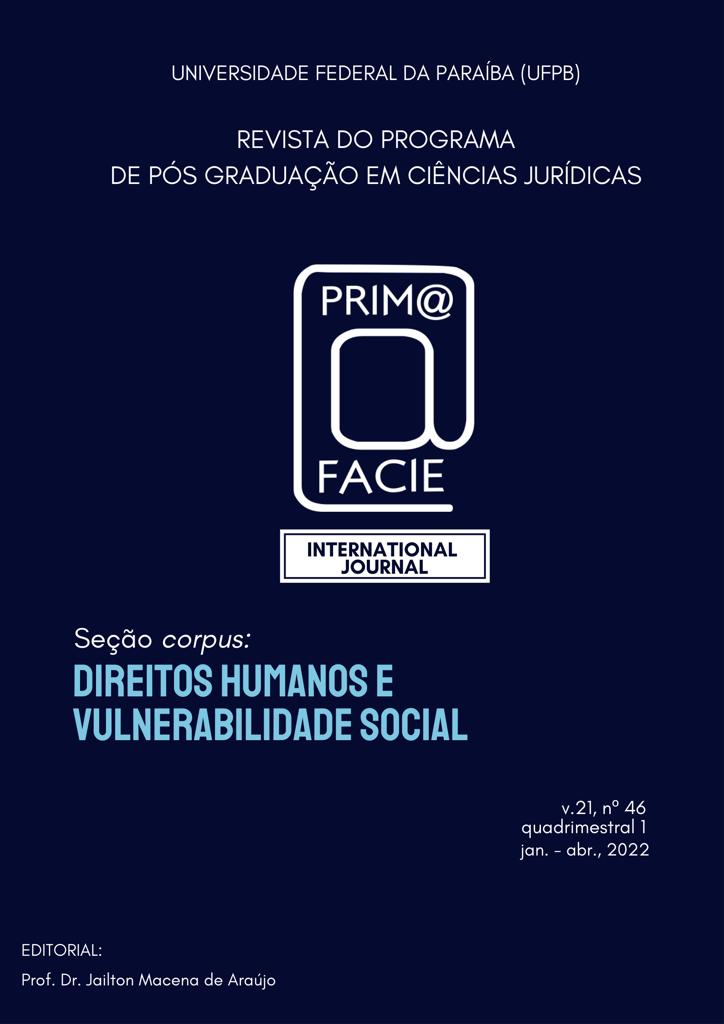Re-Establishing Of Printed Vote: Pretexts, Constitutional Ban And Electoral Authenticity Criteria
DOI:
https://doi.org/10.22478/ufpb.1678-2593.2022v21n46.57854Keywords:
Printed vote; electronic ballot box; social rewinding seal; principle of authenticity.Abstract
The present paper integrates the field of human rights and electoral law, and aims to assess the constitutionality of reestablishing some form of printed voting. In view of the growing crisis of reliability raised by some sectors against public institutions - especially, in the case of elections, against the Superior Electoral Court -, it aims to assess the legal possibility that forms of auditable impression of the vote are received through the Brazilian constitutional filter, without focus on cases of retrogression or violation of secrecy and freedom of voting, as understood by the Federal Supreme Court in Direct Action of Unconstitutionality No. 5889. To do so, it adopts as a hypothesis that the principle of electoral authenticity should guide the assessment of the impact from the impression of the vote to constitutional political rights. Through a deductive methodology, it seeks to establish the pretexts that justify the reestablishment of the printed vote, the repercussion of this theme to the constitutional norms, in order to, from these premises, extract criteria according to which the constitutionality must be evaluated, concluding by the possibility that auditable impression traces are legally introduced, without necessarily violating constitutional provisions.
Downloads
Downloads
Published
How to Cite
Issue
Section
License
Copyright (c) 2022 A Prim@ Facie detém direitos exclusivos de publicação e distribuição sob concessão absolutamente franca da parte do autor, ou autores.

This work is licensed under a Creative Commons Attribution-NonCommercial-NoDerivatives 4.0 International License.
Os autores estão cientes de que transferem seus direitos de publicação e distribuição à revista Prima Facie. Os autores autorizam o uso do trabalho para fins não-comerciais, incluindo direito de enviar o trabalho em bases de dados de Acesso Livre. As provas finais poderão não ser enviadas aos autores antes da publicação, seguindo a revista seu padrão técnico explicitado nas suas normas e nos formatos praticados em acordo com a CAPES e com padrões de excelência adotados. As opiniões emitidas pelos autores são de sua exclusiva responsabilidade não sendo a revista solidária da livre opinião exposta por eles.

